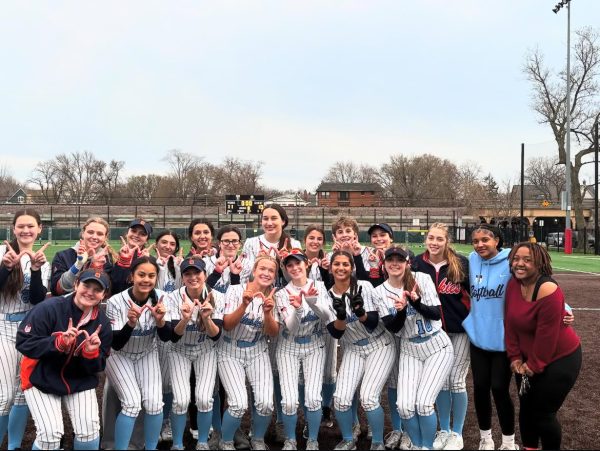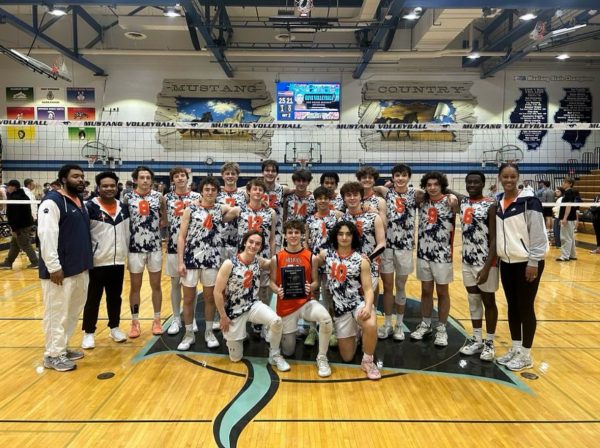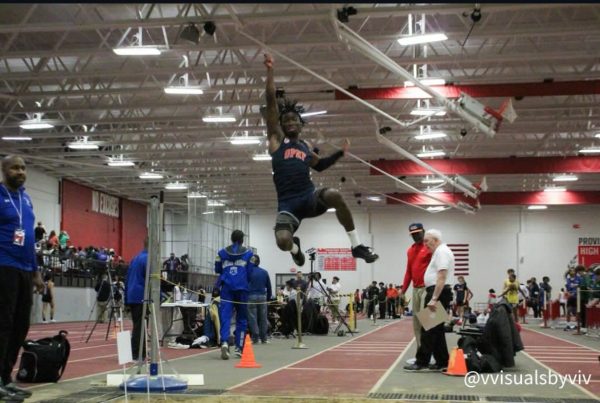The Novax Djokovic dilemma
For the last 11 years, Novak Djokovic has been my favorite tennis player in the world. I have watched every single one of his major finals on YouTube, streamed his matches while in class, and put up posters of him in my room.
I love the passion he plays with, his mesmerizing backhand down the line, and his near-impossible returns. Most of all, I love that he always beats Roger Federer and Rafael Nadal, two of the greatest players of all time.
That is why I was disappointed to hear Djokovic would not be playing in this year’s Australian Open and going for his fourth title in a row.
Despite receiving a medical exemption from Tennis Australia to play in the tournament, Djokovic was denied entry into Melbourne due to being an unvaccinated traveler. After a week-long appeals court battle, his case was dismissed, and he was officially denied entry to the country Jan. 14.
Idolizing athletes has become a popular practice in the world today. At OPRF, posters and athletic awards decorate the hallways, and athletic events are packed with students. Even though there are other great activities like Spoken Word, robotics, and drama, athletes are the people who receive the most recognition.
But at the same time, people place undue burdens on athletes to act like they want them to. Global stars like Djokovic experience the worst of it. Every decision he makes is examined under a microscope, and combined with the pressure to perform, he faces an unparalleled amount of scrutiny from tennis fans.
However, this pressure does not excuse Djokovic’s decisions and actions.
Being an unvaccinated traveler, Djokovic probably knew he would be denied entry into the country. However, it is possible he is so used to getting better treatment that he thought he could get into the country due to his status. He has not publicly said why he will not get vaccinated.
His decision to fight the case in court was also embarrassing because he was dragging out a situation he could not win.
His decisions are also confusing because he is tied with Federer and Nadal for the all-time lead in major wins with 20. If he won this year’s Australian Open, a tournament he has won nine times in the past, then he would have reached the pinnacle of tennis. The fact he is willing to sacrifice this is baffling.
In my opinion, part of an athlete’s greatness comes from their work and persona off the court. Djokovic might be the best player ever on the court, but his errors off the court are preventing him from becoming the greatest in the minds of tennis fans.
As I’ve gotten older I have realized idolizing athletes is not exactly a healthy thing to do because it places unrealistic expectations on the athletes. Part of being someone’s hero is setting a good example by being a good person. Though Djokovic is not obligated to do what people want him to do, he puts himself into the position where he has an impact on those who look up to him. His recent mistakes have not set a good example for his young fans.
Djokovic was a god to me when I was growing up, but his recent decisions prove he is only human.





